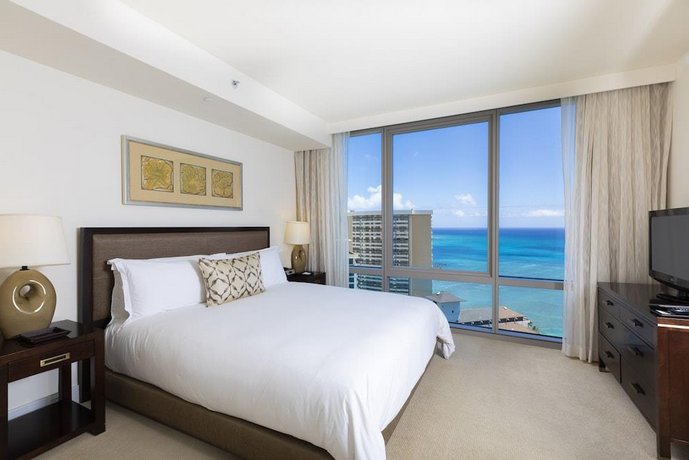For those considering the exciting world of Airbnb hosting, understanding the Airbnb hosting legal requirements is crucial. Not only does compliance ensure a smooth operation, but it also enhances the experience for your guests, including the romantic travelers who seek unique and memorable stays. As we dive into the essentials, let’s explore what you need to know about making your Airbnb listing both legal and alluring.

Understanding Local Laws and Regulations
The first step is to understand the local laws and regulations in your area. Each city or region may have specific requirements for short-term rentals. Whether it involves obtaining a special permit or adhering to zoning laws, being informed about these rules can prevent potential issues. For example, some cities mandate hosts to register with local authorities, ensuring that all operations are above board.
Why Is Compliance Important?
Compliance is not just a legal obligation; it is also a commitment to safety and quality. By staying within the legal framework, you protect yourself from fines and ensure that your guests have a safe and enjoyable experience. For those hosting romantic getaways, this assurance can significantly enhance your property’s appeal.
Insurance and Liability
Having the right insurance is another critical aspect of Airbnb hosting. Many hosts assume their homeowner’s insurance covers short-term rentals, but this is often not the case. Airbnb offers a host protection program, but it is advisable to consult with your insurance provider for additional coverage to protect against potential liabilities.
Host Insurance Options
Several insurance companies provide specific policies tailored for Airbnb hosts. These policies typically cover damages, theft, and personal liabilities, ensuring peace of mind for both the host and the guests. For more detailed insights, check out this informative guide on vacation rental turnover cleaning.
Tax Obligations for Airbnb Hosts
Taxes are an integral part of running a legitimate Airbnb business. Hosts must report their rental income and comply with local tax obligations. This might include occupancy taxes, which are common in many regions. Keeping accurate records and consulting with a tax professional can simplify this process.
Understanding Tax Deductions
Airbnb hosts may be eligible for certain tax deductions, such as expenses related to property maintenance and improvements. Understanding these deductions can significantly impact your bottom line, making it essential to stay informed and organized.
Setting House Rules and Safety Standards
Creating clear and concise house rules is vital for a successful Airbnb experience. These rules help manage guest expectations and ensure the safety and comfort of everyone involved. For inspiration, consider exploring some Airbnb house rules examples.
Implementing Safety Measures
Safety should be a top priority for any Airbnb host. This includes installing smoke detectors, providing first aid kits, and ensuring that all appliances are in working order. By prioritizing safety, you create a welcoming environment that appeals to all guests, especially those looking for a romantic retreat.
Understanding Guest Screening and Communication
Effective communication with guests is key to providing an exceptional Airbnb experience. This involves timely responses to inquiries and clear instructions for check-in and check-out procedures. Understanding and implementing guest screening processes can also enhance security and trust.
Utilizing Airbnb Tools
Airbnb offers various tools to assist hosts, such as the Airbnb emergency contact form. These resources can streamline communication and enhance the overall guest experience.
The Importance of Cleanliness and Maintenance
Maintaining a clean and well-kept property is essential for attracting guests. Regular cleaning and upkeep not only ensure a pleasant stay but also contribute to positive reviews and repeat bookings. For a comprehensive cleaning guide, visit this vacation rental cleaning checklist.
Scheduling Regular Maintenance
Scheduling regular maintenance checks is crucial to address any potential issues before they become significant problems. This proactive approach helps maintain the property’s value and ensures that guests enjoy a hassle-free stay.
Conclusion: Embracing the Airbnb Experience
By understanding and adhering to the Airbnb hosting legal requirements, you can create a thriving and reputable Airbnb business. This attention to detail not only ensures compliance but also enhances the guest experience, making your property a preferred choice for romantic travelers seeking memorable experiences. Remember, a successful Airbnb host is one who prioritizes safety, comfort, and legality in every aspect of their hosting journey.

Frequently Asked Questions
What are the basic legal requirements for Airbnb hosting?
The basic legal requirements include understanding local laws, obtaining necessary permits, ensuring proper insurance coverage, and complying with tax obligations.
How can I ensure the safety of my guests?
Ensure safety by implementing house rules, maintaining clean and safe property conditions, installing safety equipment like smoke detectors, and providing clear emergency contact information.
What should I consider when setting house rules?
When setting house rules, consider guest safety, comfort, and property protection. Clear and concise rules help manage expectations and ensure a pleasant experience for all guests.
This article contains affiliate links. We may earn a commission at no extra cost to you.






